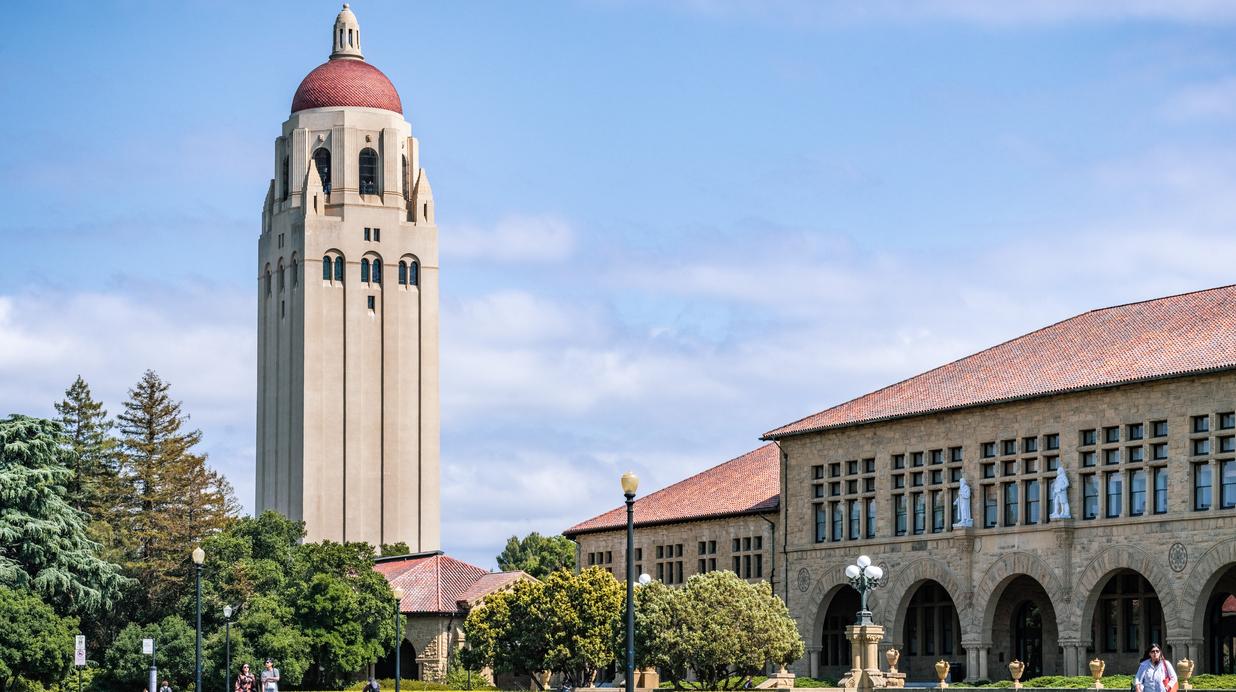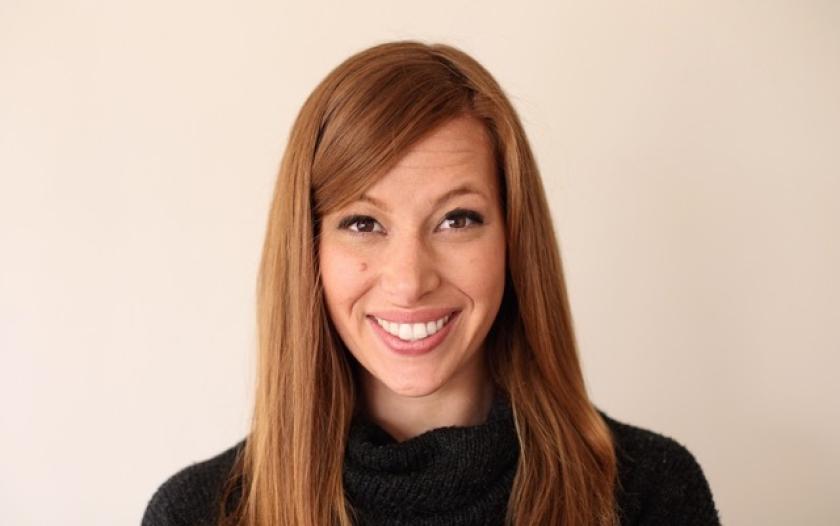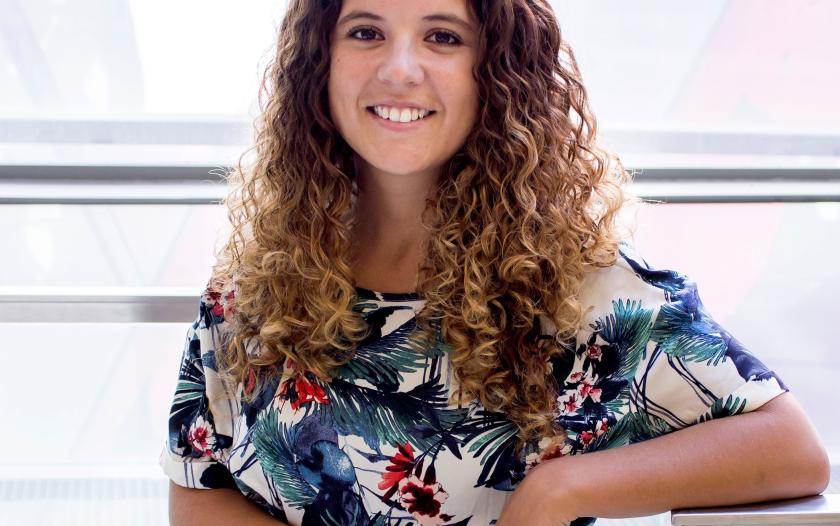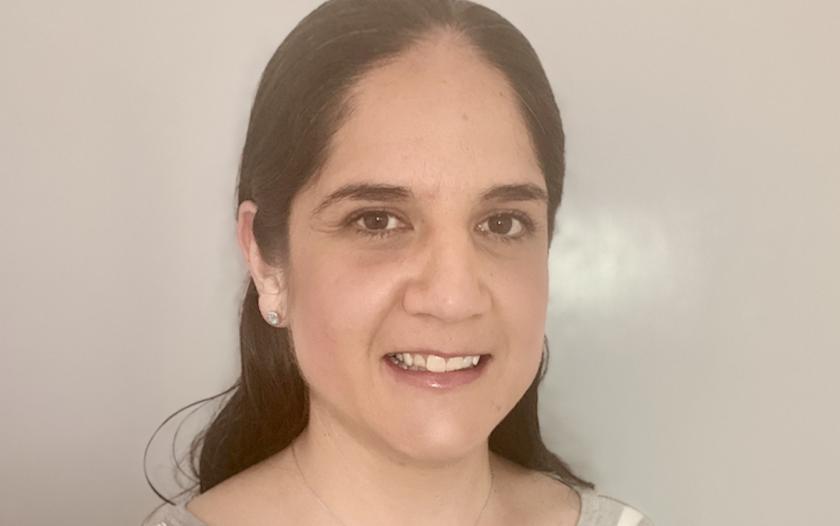Three New Postdocs to Work on Voter Confidence, Political Inequality, and Public Health

We are pleased to announce the second cohort of the Stanford Impact Labs Postdoctoral Fellowship. Joining our community this fall are Patricia Andrews Fearon (PhD, Psychology, University of Cambridge), Alba Huidobro (PhD, Political Science, Universitat Pompeu Fabra) and Andrea Pedroza-Tobias (PhD, Global Health Sciences, University of California San Francisco).
Stanford Impact Labs postdocs are embedded in research teams across the university that work in pursuit of solutions to social problems. This year, postdocs will join the Golub Capital Social Impact Lab to understand and address low voter confidence in U.S. elections and vaccine hesitancy; the Inclusive Democracy and Development Lab to generate evidence and understanding of why political inequalities persist in South Asia and how to increase representation of marginalized people in politics; and Partnerships for Research in Child Health to design solutions to improve school meal participation and promote child health and learning in California.
By design, this program gives scholars the opportunity to engage in collaborative, impact-focused research in a way that contributes to the research goals of the host lab, strengthen their own scholarship, and ultimately drive new partnerships and policy insights to address pressing social problems. Stanford Impact Labs postdocs also engage in training and mentorship programming run by Stanford Impact Labs, so as to further develop the skills necessary to advance impact- and partnership-focused research.
Stanford Impact Labs is excited to grow the community and pipeline of scholars dedicated to tackling social problems through science by welcoming the following cohort:

Patricia Andrews Fearon
Patricia Andrews Fearon joins the Golub Capital Social Impact Lab, a research initiative at Stanford that uses digital technology and social science research to improve the effectiveness of leading social sector organizations, under the direction of Susan Athey, Economics of Technology professor at Stanford Graduate School of Business.
"For me, working on voter confidence and vaccine hesitancy also represents the bigger challenge of rebuilding trust in the institutions that help protect collective interests."
“I’m excited to be joining such a talented team that uses innovative methods to tackle current challenges in our society. For me, working on voter confidence and vaccine hesitancy also represents the bigger challenge of rebuilding trust in the institutions that help protect collective interests–a project that I hope will offer immediate practical insights as well as broader scientific contributions to our understanding of human cooperation.” Andrews Fearon’s own research examines how individual psychological processes shape collective realities and vice versa—namely how a zero-sum mindset influences civic interactions.

Alba Huidobro
Under the direction of Soledad Artiz Prillaman, assistant professor of political science, Alba Huidobro joins the Inclusive Democracy and Development (ID2) Lab. ID2 is a collaborative community at Stanford that seeks to identify (1) how and when marginalized voices are represented in political institutions in low- and middle-income countries, (2) what policies better ensure this representation, and (3) how political inclusion impacts broader patterns of development.
"I am excited to focus on the causes and consequences of the barriers that minority groups, especially women, face in entering politics."
“I am excited to join the ID2 lab for the opportunity to work with a vibrant research community dedicated to addressing social problems through science and to focus on the causes and consequences of the barriers that minority groups, especially women, face in entering politics.” Huidobro’s own research centers on the political behavior of citizens and elites; in particular, the extent to which government formation processes are defined by the attitudes and personal characteristics of political leaders, especially their gender.

Andrea Pedroza-Tobias
Andrea Pedroza-Tobias joins Anisha Patel, associate professor of pediatrics, and her team at Partnerships for Research in Child Health, an initiative that partners with communities to develop and evaluate programs and policies to promote child health.
“I am very excited to be part of Stanford Impact Labs and to join Dr. Patel’s lab, because we share research interests and passion for a fairer, more equal society. Working with Dr. Patel affords me a unique opportunity to collaborate in community-engagement research with the goal of translating community needs into health policies.” Pedroza-Tobias’s own research focuses specifically on the connection between the food environment and public health outcomes in low income communities, and more broadly on designing sustainable and effective public health interventions and policies aimed at prevention, early diagnosis, and control of non-communicable diseases.
"I am very excited to join Dr. Patel’s lab because we share research interests and passion for a fairer, more equal society."
Growing our community
The new postdocs join Malissa Alinor, Marbella Eboni Hill, and Max Hui Bai, who are now in their second year of their fellowship. They will continue their engagement with Stanford’s VMware Women’s Leadership Innovation Lab (Malissa and Marbella) and Polarization and Social Change Lab (Max), work to further advance their own research agenda, and deepen their engagement in Stanford Impact Labs programming.
Stanford Impact Labs will soon be seeking new research teams and labs at Stanford University to host future postdoctoral fellows. For more information, please follow the Stanford Impact Labs website and Twitter for upcoming announcements or contact acarr2@stanford.edu.
